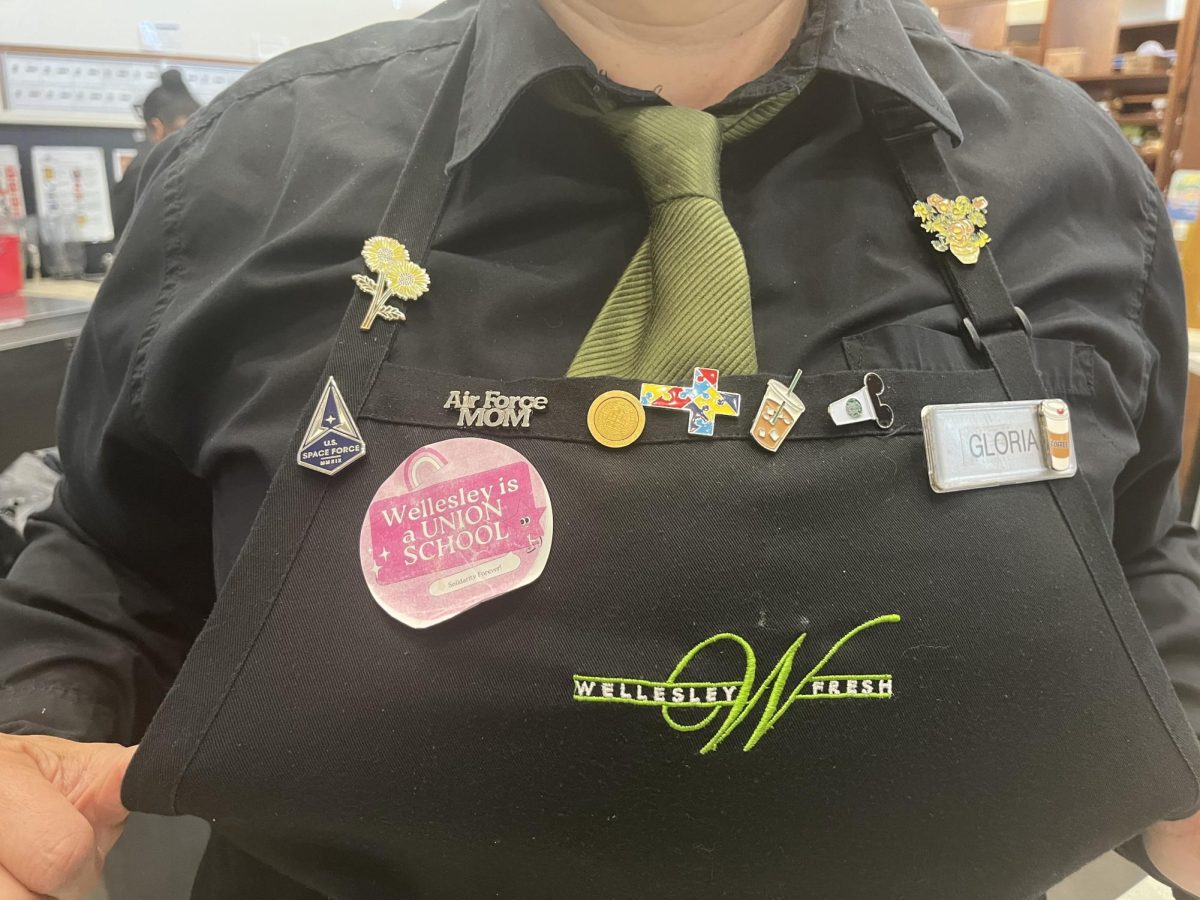Wednesday Sept. 19, the day this paper comes out, is the holiest day of the Jewish year. That means that many of your Jewish friends will be fasting, as is traditional―that means no food, no drink for 24 hours, from sundown Tuesday to sundown Wednesday.
The Jewish student population at Wellesley is fairly small―just over 200 of us count ourselves as part of the community. But for our small portion of the population, this part of the year is packed with fall holidays. The most important of those days are Rosh Hashanah, which fell from the evening of the Sept. 10 through Sept. 11 and Yom Kippur, the evening of Sept. 18 through the evening of Sept. 19. Rosh Hashanah is the beginning of the Jewish year, while Yom Kippur-the day of Atonement-is a day of mourning, fasting and introspection.
As a Jewish student here at Wellesley, I have noticed that some of my Jewish professors cancel class for these holidays―the same way we wouldn’t have class on Christmas, for example. However, few of the other professors even acknowledge these holidays. And I know that for my sibs who are more strictly observant Jews than I am, this can be difficult because traditionally, under Jewish law, one is not permitted to work on these days. That means they have to miss class, club meetings and anything else–often because the leadership of those events doesn’t understand the holidays their members or students are celebrating. Some professors are wonderfully understanding, and some just act confused.
I know that Jewish students at Wellesley, while we are a minority religious group, are by no means the smallest religious group here, or the most underrepresented. I know that the holidays celebrated by others here are receiving even less recognition than ours are, and that it is vital that we acknowledge that. And I’m certainly not asking that everyone here learn the name of every Jewish holiday, by any means―I don’t even know all of them, and I went to Jewish school for six years of my life, then Bat Mitzvah training and religious school for four years after that!
I don’t ask that you know everything. But I do ask―and this is especially to professors and administrators―that you be understanding of those you see who are fasting today. They might be a little grumpy; lack of food will do that to a person. Though students’ rights to miss class due to religious reasons is protected on this campus, many choose to attend class anyways, so as to not have to make up work.
For students, I suggest that you ask people questions about their culture when you’re curious― being at Wellesley iis one of the best chances you’re going to get to do that! I know that on this campus, I can count several people among my friends for whom I am the first Jewish person they’ve gotten to know. I can also count so many friends who are of cultural or religious backgrounds I knew nothing about before I got here. A special shoutout to my friend from Hawai’i, who taught me the first day I met her that people from Hawai’i are only called Hawai’ian if they’re of Native Hawai’ian ancestry―otherwise you just say “person from Hawai’i.” Wellesley is a place to learn things!
So, be nice to your friends about their holidays and their traditions, and be accommodating with your schedules. And ask questions! This is your best chance to do so, and as long as you’re polite about it, this is a good opportunity for everyone.






